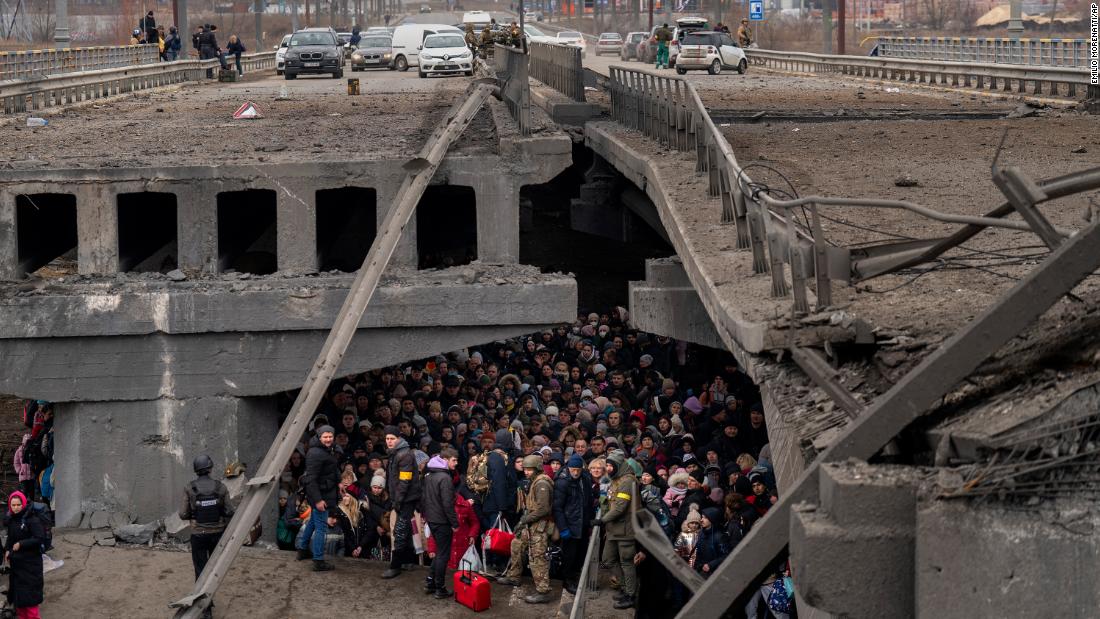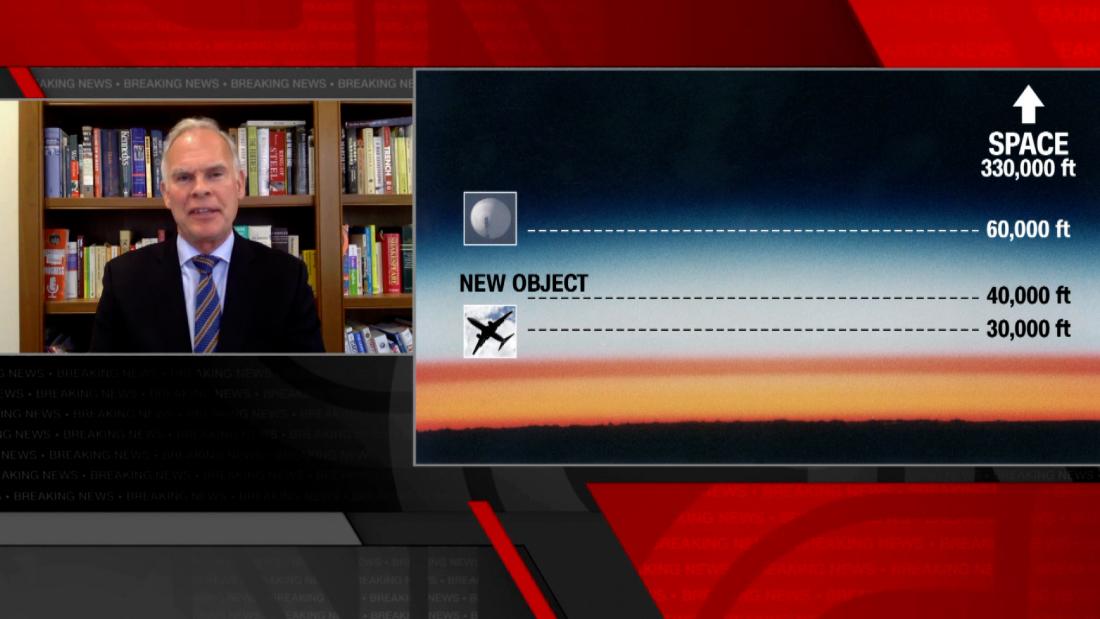Police in Schools: Does Their Harm Outweigh Safety Risks?
Research continues to show that school resource officers (SROs) disproportionately arrest Black and Latino children, with teachers worrying that the districts don't hold SROs accountable. While the officers are there for safety purposes, are they doing more harm than good for the student body?

At a time when cities such as Alexandria, Virginia, Washington, and Milwaukee are wrestling with whether to have school resource officers or regular police officers on campus, parents are raising concerns that resource officers would lead to disproportionate arrest rates for Black and Latino children, reports Elizabth K. Anthony, in an analysis for The Conversation. In light of these concerns, teachers worry that school districts aren’t holding school resource officers accountable. A researcher who specializes in the policing and development of children and adolescents warns that when considering the debate over police in schools research showing that juveniles, who are still developing mentally, may not understand their rights, and may have also experienced trauma that affect their behavior at school.
Trauma is most effectively treated with social and emotional support, which police may not be equipped to provide. In addition, Anthony points out that schools are often short on counselors offering emotional and social support, with the ratio of students to counselors being 1,000-to-1 in some states. This increases the likelihood that students have negative encounters with police rather than positive ones with counselors and supporting mounting evidence shows students are being arrested for minor misbehavior. Increased police monitoring of young people also leads to more school discipline referrals and arrests, typically of Black and Latino youth. When it comes to the question of police in schools, Anthony argues that the potential for harm outweighs the potential for good.

 Landwebs
Landwebs 
























